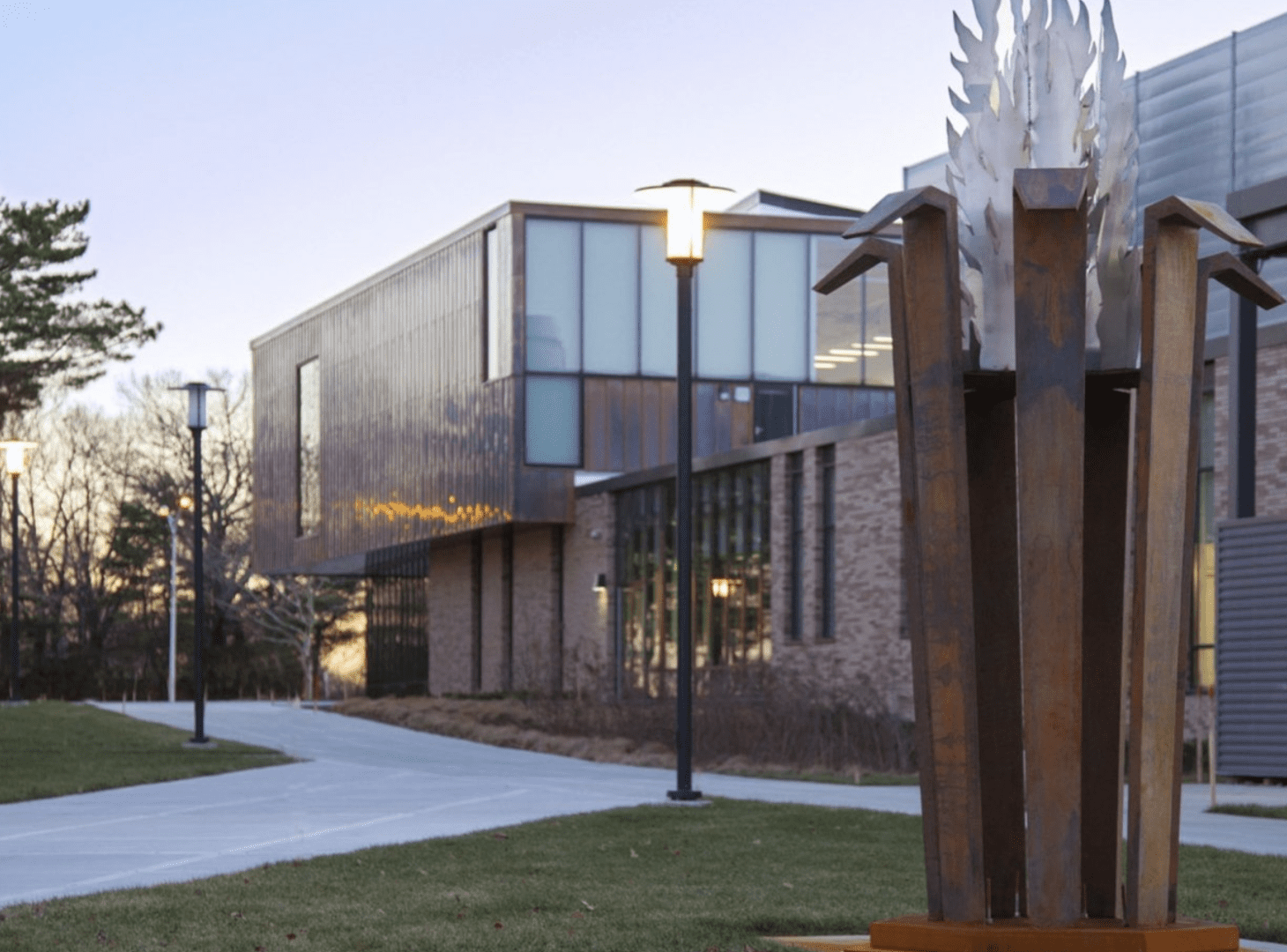Search Posts
Recent Posts
- Rhode Island Weather for May 31, 2025 – Jack Donnelly May 31, 2025
- Burn with Kearns: Fix Your Foundation: Core, Mobility & Joint Health – Kevin Kearns May 31, 2025
- In the News… quick recap of the week’s news (5.31.25) May 31, 2025
- Business Beat: Navigant CU receives prestigious Community Impact Award from NEACH May 31, 2025
- To Do in RI: Taste of Rhode Island. Food, libations, entertainment, auction for Matunuck Oyster Bar May 31, 2025
Categories
Subscribe!
Thanks for subscribing! Please check your email for further instructions.

Rhode Island College: Hope Scholarship available Fall of 2023
Rhode Island College to Begin Offering Hope Scholarship in Fall 2023
The earned merit, last-dollar scholarship will make the final two years of a four-year bachelor’s degree tuition-free for Rhode Island residents
Providence, RI – Rhode Island College announced today that it will begin offering the Hope Scholarship for the 2023-2024 academic year, after the funding to pilot the scholarship program passed through both houses of the General Assembly and was signed into law by Gov. Dan McKee as part of the state budget
“On behalf of our entire Rhode Island College community – and most of all, on behalf of all the Rhode Islanders for whom this scholarship will be the key to their success – I want to thank Gov. McKee, House Speaker Shekarchi, Senate President Ruggerio, House Majority Leader Pearson, House Education Chair McNamara and the entire General Assembly,” said Dr. Jack R. Warner, president of Rhode Island College. “Their leadership and vision have led to this transformational investment in public higher education that will pay dividends to Rhode Island for years to come.”

The Hope Scholarship will make the final two years of a four-year bachelor’s degree at the state’s comprehensive public college tuition-free for Rhode Island residents who meet the criteria. The legislation funds a five-year pilot to create an earned merit, last-dollar scholarship that will close the gap after students in their junior and senior years have exhausted all other forms of financial aid.
The scholarship will be available to both new and current RIC students, as well as some adult students who meet certain criteria. To be eligible for the scholarship, students must be Rhode Island residents who qualify for in-state tuition, be enrolled on a full-time basis, have declared a major, maintained a cumulative grade point average of at least 2.5, and earned a minimum of 60 credits towards an eligible program of study. Students must also commit to live, work or continue their education in Rhode Island after graduation.
The scholarship pilot is one of several major investments in Rhode Island College included in this year’s budget. There is also funding to launch the new Institute for Cybersecurity & Emerging Technologies, to be led by former congressman and RIC alumnus James Langevin ‘90, and additional support for the college’s new biotechnology major.
“The Hope Scholarship will be an important tool in building the highly educated workforce to drive Rhode Island’s economic future,” added Warner. “We know that a high-quality degree from Rhode Island College is the pathway to social mobility for so many Rhode Islanders. This scholarship opens that pathway for many more people. It’s not just the scholarship recipients who benefit, but the entire state as we strengthen public higher education.”
About Rhode Island College
Rhode Island College is a regional comprehensive public college that serves approximately 5,800 undergraduate, graduate and doctoral students through its five schools: The Faculty of Arts and Sciences, the Feinstein School of Education and Human Development, the School of Business, the Zvart Onanian School of Nursing and the School of Social Work. Established in 1854, it is Rhode Island’s first public institution of higher education. It is the first four-year college in the state to be a federally-recognized Hispanic Serving Institution.
The college’s 180-acre suburban campus in Providence, has satellite locations at the Rhode Island Nursing Education Center in Providence’s Innovation District and the Rhode Island College Workforce Development Hub in Central Falls. For more information, visit www.ric.edu.
